Featured-Reporter
-

High blood pressure genes improve heart surgery survival in children
Vanderbilt researchers have found that children with a genetic makeup that predicts high blood pressure as adults are more likely to survive congenital heart defect repair surgery. Read MoreMar 24, 2022
-

Gene variants increase risk of kidney failure in Black veterans with COVID-19: study
Gene variants increased the risk of acute kidney injury and death in veterans of African ancestry who were hospitalized with COVID-19, possibly explaining some health disparities associated with COVID-19. Read MoreFeb 10, 2022
-
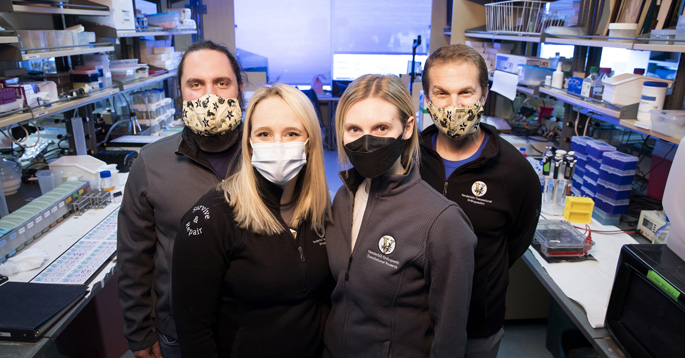
Study identifies molecular trigger of severe injury-induced inflammatory response
Vanderbilt researchers have discovered that early inappropriate activation of the enzyme plasmin caused by severe injury is a trigger of systemic inflammatory response syndrome and resulting organ failure. Read MoreJan 19, 2022
-
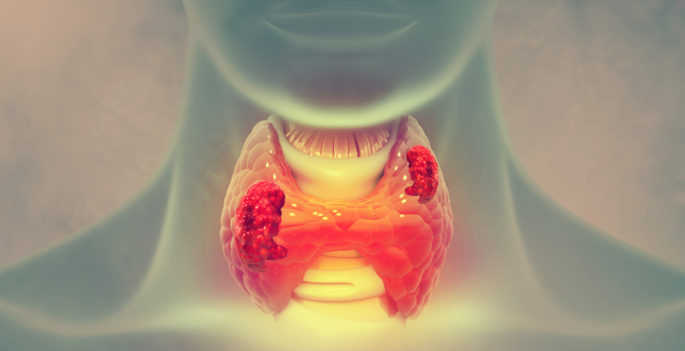
Thyroid cancer paper lands national recognition
Researchers in the Endocrine Neoplasia Research Laboratory at Vanderbilt University Medical Center have received national recognition for their work to discover better treatments for thyroid cancer. A paper describing their lab work was awarded first place in the Basic Science category at the 2021 Cancer Research Competition. Read MoreDec 2, 2021
-
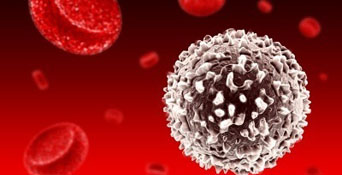
Study links depression scores, white blood cell count
Researchers across four health care systems, including Vanderbilt University Medical Center, have found that increased depression polygenic scores are associated with increased white blood cell count, highlighting the importance of the immune system in the etiology of depression. Read MoreDec 2, 2021
-

Study provides new insight into how antidepressant drugs work
A study by Vanderbilt researchers sheds light on how current antidepressant drugs work and suggests a new drug target in depression. Read MoreDec 1, 2021
-

For more precise drug treatments, ‘squeeze’ the genome: study finds
Large-scale studies will be required to identify the complexity of genetic variations that affect how patients respond to a given drug and whether they will have side effects, according to researchers at Vanderbilt University Medical Center. Read MoreJul 22, 2021
-

Nature’s “recycler” could reduce heart disease risk: study
Researchers at Vanderbilt University Medical Center have identified potential new targets for the prevention of atherosclerosis through the enhancement of autophagy, a natural process for recycling damaged cellular material. Read MoreJul 8, 2021
-
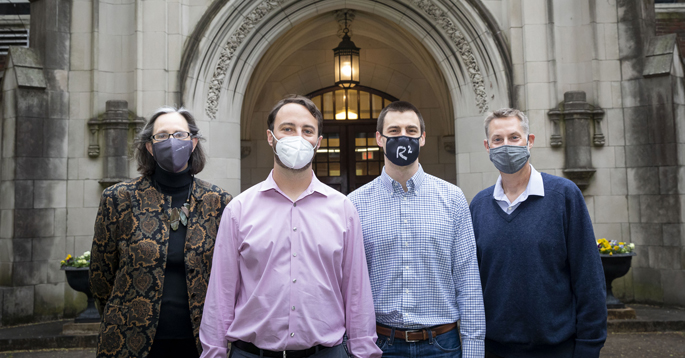
Study revises understanding of cancer metabolism
Tumors consume glucose at high rates, but a team of Vanderbilt researchers has discovered that cancer cells themselves are not the culprit, upending models of cancer metabolism that have been developed and refined over the last 100 years. Read MoreApr 7, 2021
-

Study shows new COVID target could improve vaccines
Despite an impressive vaccination effort that exceeds 2 million shots a day, rates of COVID-19 are again on the rise in several parts of the United States, as is the spread of highly transmissible variants of the virus. Read MoreApr 1, 2021
-
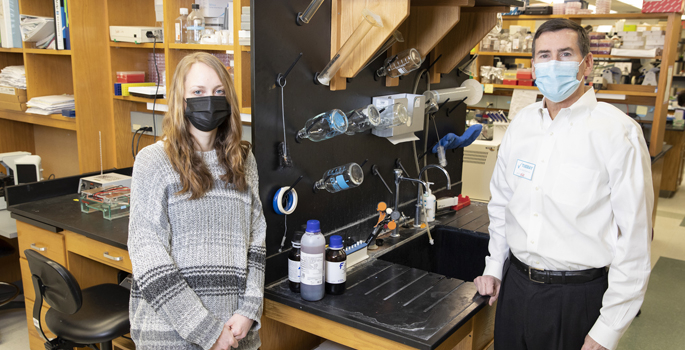
Team studies new use for pulmonary hypertension drug
An FDA-approved medication enhances the function of T regulatory cells (Treg), a class of immune cells that restrains the immune response, Vanderbilt investigators have discovered. Read MoreMar 25, 2021
-
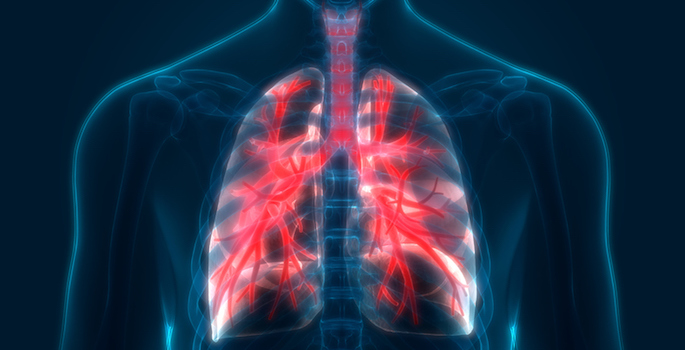
Vanderbilt research played key role in new lung screen guidelines
The U.S. Preventive Services Task Force (USPSTF) has formally recommended two changes that will nearly double the number of people eligible for lung cancer screening by lowering the age from 55 to 50 and reducing the number of smoking history pack years from 30 to 20. Read MoreMar 18, 2021
-

Research Staff Awards honor those who help drive engines of discovery
Laboratory and administrative personnel at Vanderbilt University Medical Center were honored last week for research excellence during the 17th annual Research Staff Awards, held virtually this year because of the pandemic. Read MoreFeb 18, 2021
-
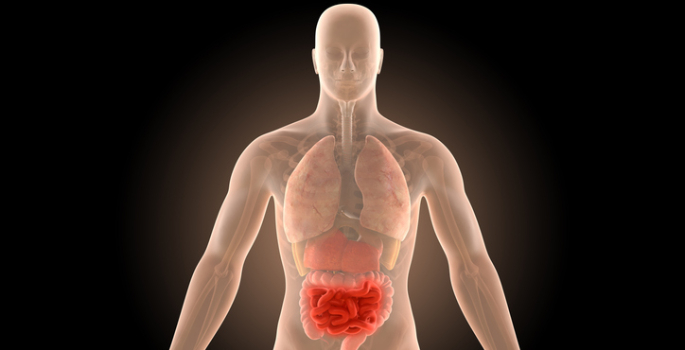
Potential biomarker for IBD severity, cancer risk identified
A selenium transport protein produced in the colon may be a novel biomarker for assessing disease severity and cancer risk in patients with inflammatory bowel disease. Read MoreFeb 4, 2021
-

Study’s findings may help eventually close the door on COVID-19
Researchers at Vanderbilt University Medical Center and the University of Texas Medical Branch (UTMB) at Galveston have discovered what may be the Achilles’ heel of the coronavirus, a finding that may help close the door on COVID-19 and possibly head off future pandemics. Read MoreJan 28, 2021
-

Study details early events of inflammatory response
Vanderbilt University Medical Center investigators have identified a key molecular player in the early events of the inflammatory response to infection. The findings suggest new therapeutic possibilities for enhancing the inflammatory response to protect against pathogens and for blocking inflammation gone awry in diseases like arthritis and atherosclerosis. Read MoreDec 10, 2020
-
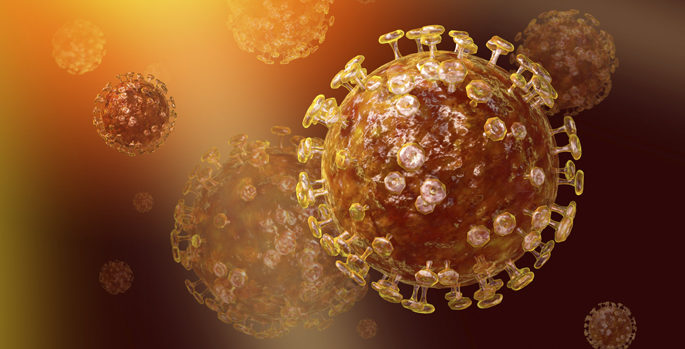
Why does COVID-19 seem to spare children? Vanderbilt University Medical Center study offers an answer
Researchers at Vanderbilt University Medical Center (VUMC) and their colleagues have determined a key factor as to why COVID-19 appears to infect and sicken adults and older people preferentially while seeming to spare younger children. Read MoreNov 18, 2020
-

Grant helps expand VI4’s Artist-in-Residence program
An innovative Vanderbilt program that brings together scientists and artists with the shared goal of scientific communication is set to expand with support from a three-year grant from the Burroughs Wellcome Fund. Read MoreOct 29, 2020
-

New tool to probe genetic mechanisms of disease
Vanderbilt Genetics Institute investigators have added a new method to the computational genetics toolbox. Their approach, described in the journal Nature Genetics, integrates vast genomics datasets to predict gene expression and facilitate discovery of genetic mechanisms underlying human diseases. Read MoreOct 22, 2020
-
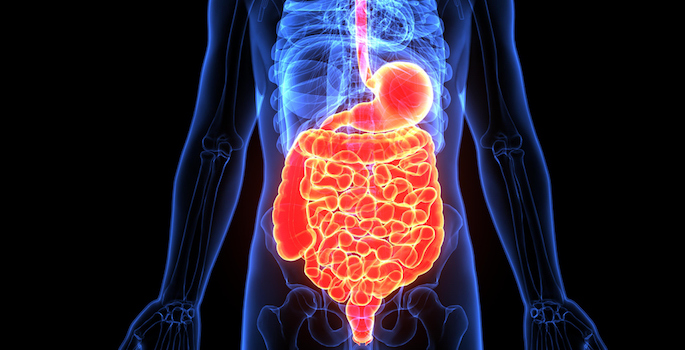
Researchers create molecular ‘atlas’ of GI tract neurons
Researchers at Vanderbilt University Medical Center have generated the first comprehensive molecular “atlas” of genes expressed by the neuronal cells within the intestine that coordinate the functions of the gastrointestinal (GI) tract. Read MoreOct 8, 2020